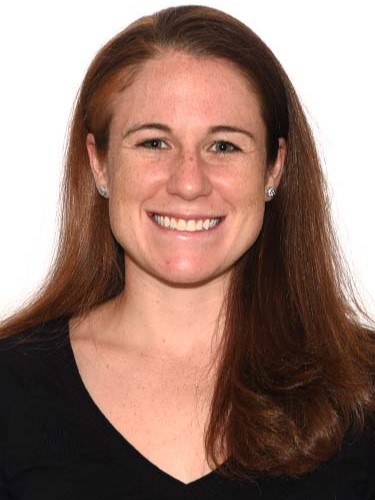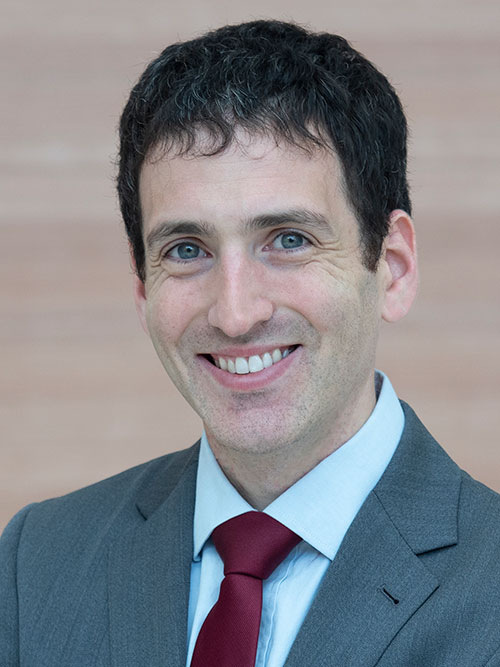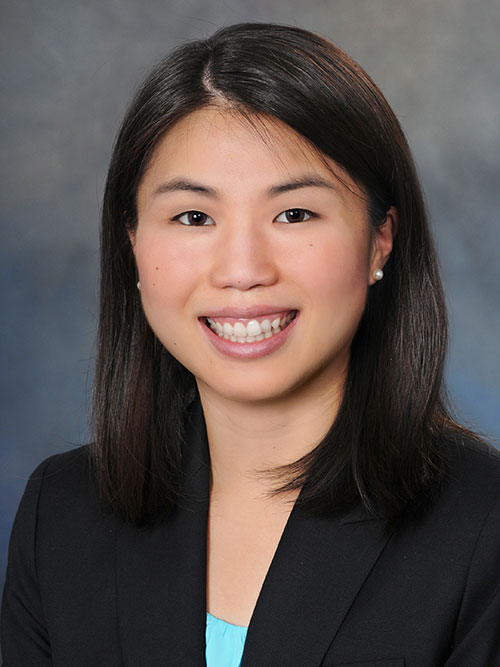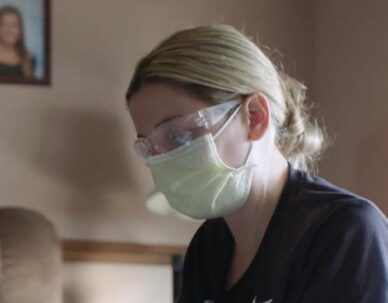3 PC3I Fellows Win Conquer Cancer ASCO Young Investigator Awards
May 28, 2021
The Penn Center for Cancer Care Innovation is proud to announce that three PC3I Fellows have won Young Investigator Awards from Conquer Cancer, the ASCO Foundation: Erin Bange, MD; Zachary Frosch, MD; and Kelsey Lau-Min, MD. The award provides funding to promising investigators as they transition from fellows to faculty.
Erin Bange

Erin Bange, MD will focus on reducing time spent engaging with the healthcare system for those with advanced cancer through a text message screening strategy. Bange has previously demonstrated that patients with advanced cancer spend 10% of their remaining survival time engaged with the healthcare system of which more than half is spent in a waiting room or commuting. For example, prior to each infusion treatment, patients must obtain lab work and meet with their doctor, which often involves spending many hours waiting in the clinic. Bange proposes a text message-based strategy to screen patients in advance of each treatment. Those with normal bloodwork and no side effects would bypass screening at the clinic and avoid in-office wait time for their infusion. Bange’s study will include a rapid pilot validation of the text-based mechanism as well as an RCT to compare care times of those receiving text message screening with those receiving treatment as usual.
Zachary Frosch

Zachary Frosch, MD will examine the use of machine learning algorithms to provide more timely initiation of treatment for those with breast, lung, and colorectal cancer. Many patients experience delayed initiation of treatment, which can worsen outcomes and cause distress to the patient. Delayed start of treatment is observed more frequently for underserved and vulnerable populations. Noting that a method to identify patients at high risk of treatment delay does not yet exist, Frosch proposes the development of predictive algorithms to target patients most likely to experience a delay. Drawing on data from the electronic health record, cancer registry, and sociodemographic data, three different predictive tools will be developed and validated. This testing will be accompanied by interviews with clinical team members and patients affected by delays in order to evaluate their preferences and gain further insight.
Kelsey Lau-Min

Kelsey Lau-Min, MD seeks to improve care for young people for whom the rates of colorectal cancer (CRC) are rising, particularly for those between the ages of 40–49. Members of this age group are less likely to receive referrals to genetic specialists, recommended by national guidelines to assess the presence of a hereditary cancer syndrome. These referrals allow for early detection of future cancer or identification of increased risk of cancer among family members. Genetic specialist referrals are further impacted by racial and socioeconomic disparities. Lau-Min will examine if a default referral process will improve rates of genetics referrals and reduce disparities for those patients between age 40 and 49 who are diagnosed with CRC. To be conducted across five sites, the study will employ an automated electronic health record-based algorithm to identify eligible patients. The study will be accompanied by qualitative interviews, to support a rigorous, mixed-methods evaluation.
